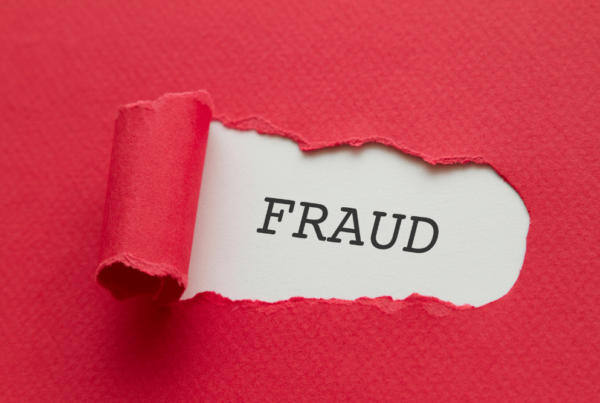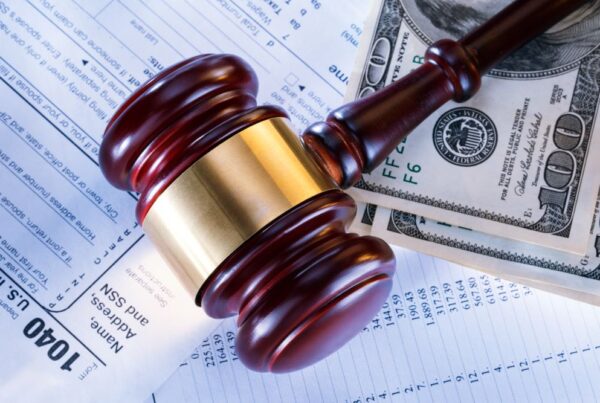The U.S. federal government has a vested interest in protecting the reputation of authentic goods. This is particularly true in relation to federally protected marks, military goods, and various medical drugs. Accordingly, federal law makes it a criminal offense to traffic or otherwise deal in counterfeit goods. And there are harsh penalties for violations of the counterfeit goods laws, including extended prison sentences and massive fines.
How is Trafficking in Counterfeit Goods Defined?
18 U.S. Code Section 2320 outlines the U.S. federal laws against trafficking in counterfeit goods, including four different variations of the offense. In this context, the term “traffic” generally refers to the transportation, transfer, or disposal of goods or services for commercial gain.
First, it is unlawful to traffic in goods or services with knowledge that those goods or services bear a counterfeit mark. To qualify as a violation, the offender must know – or have a reason to know – that the mark is counterfeit.
Second, it is illegal to traffic in labels, boxes, or other packaging with a counterfeit mark that is likely to cause deceit, confusion, or mistake. The same knowledge requirement applies to this type of violation.
Third, it is unlawful to knowingly traffic in counterfeit military goods or services. These counterfeit military goods must demonstrate a risk of causing serious bodily harm or death, disclosing confidential military, or impairing military operations.
Fourth, it is illegal to traffic in drugs with that knowledge that those drugs bear a counterfeit mark. For the purposes of this violation, the term drug is defined under 21 U.S. Code Section 321 and includes various narcotics, pharmaceuticals, supplements, and other medical articles.
What are the Penalties for violating counterfeit goods laws?
Section 2320 establishes a multifaceted penalty structure for trafficking in counterfeit goods. The punishment can change based on whether the offender was a person or a legal entity that is not a person, such as a corporation or partnership. On a related note, any attempt or conspiracy to violate Section 2320 is punished in the same way as a completed violation.
From a general standpoint, the penalties for violating counterfeit goods laws is imprisonment for 10 years and fines up to $2 million. For a second or subsequent offense, the maximum penalty increases to imprisonment for 20 years and fines up to $5 million.
If a person traffics in counterfeit military goods/services or counterfeit drugs, the first-offense penalty remains a maximum of 20 years in prison and $5 million in fines. But a second or subsequent offense in this domain triggers a maximum punishment of 30 years in prison and $15 million in fines.
If a person violates Section 2320 and also causes serious bodily injury, the maximum penalty returns to imprisonment for 20 years and fines up to $5 million. But if the violation also resulted in the death of a person, the offender can face up to $5 million in fines and a life sentence in prison.
Legal entities that traffic in counterfeit goods only face fines in terms of punishment. This is because it is only possible to confine people in prison. At a threshold level, legal entities can face up to $5 million in fines for a violation of Section 2320.
That being said, the maximum fine increases to $15 million for most other violations, including repeat offenders and serious harm or death. But the maximum fine can increase to $30 million for legal entities that repeatedly traffic in counterfeit military goods/services or drugs.
Furthermore, forfeiture and destruction of counterfeit goods as well as restitution to the harmed party(ies) may be available, subject to the provisions of 18 U.S. Code Section 2323. These forfeiture, destruction, and restitution rights exist in additional to any other remedies available at law.





